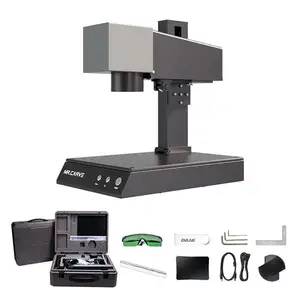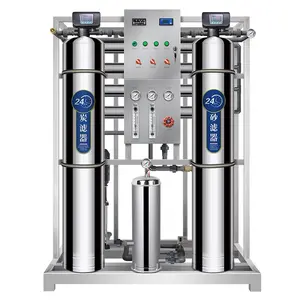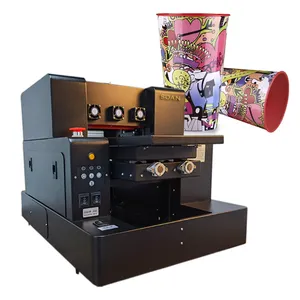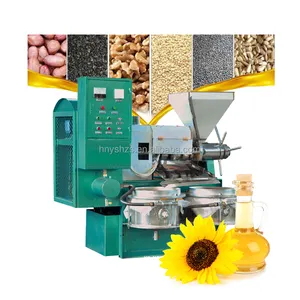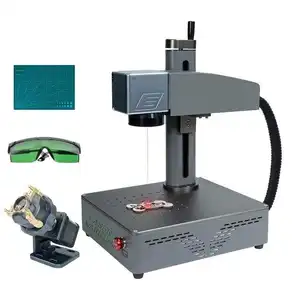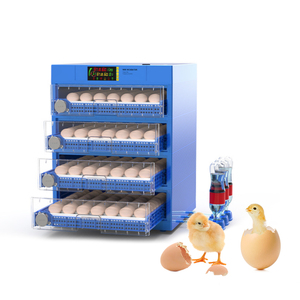Popular in your industry



































































Related Searches:


















































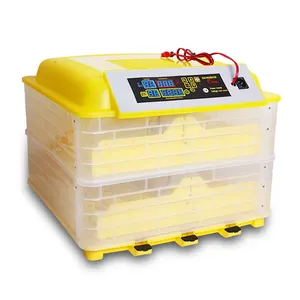






















































Top categories
About reptile incubators
Introduction to Reptile Incubators
Reptile incubators are specially designed devices that provide the controlled environment necessary for reptile eggs to hatch successfully. These incubators simulate the conditions found in nature, such as temperature and humidity levels, to ensure the healthy development of reptile embryos until they hatch. Reptile breeders and enthusiasts rely on these incubators to increase the chances of successful hatching and to monitor the incubation process closely.
Technical Specifications of Reptile Incubators
When looking for a reptile incubator, it's essential to consider key technical specifications. These may include the capacity of the incubator in terms of the number of eggs it can hold, temperature range control, humidity levels, ventilation systems, and features like programmable temperature alarms and automatic turning mechanisms. A high-quality reptile incubator should offer precise temperature control within a range suitable for various reptile species, ensuring optimal conditions for egg incubation.
Types of Reptile Incubators
There are various types of reptile incubators available on the market to cater to different needs and preferences. Some common types include tabletop incubators, cabinet-style incubators, and portable or stackable units. Tabletop incubators are compact and suitable for small-scale breeding projects, while cabinet-style models offer larger capacities for breeders with more significant egg quantities. Portable or stackable units provide flexibility in terms of space utilization and mobility.
Features and Advantages of Reptile Incubators
Reptile incubators come with a range of features that enhance the egg incubation process. These may include digital temperature controls, LED displays for easy monitoring, humidity sensors, air circulation systems, and adjustable shelves for different egg sizes. The advantages of using a reptile incubator include higher hatch rates, better control over environmental conditions, prevention of fungal growth on eggs, and the ability to track the development of embryos through observation windows.
Choosing the Right Reptile Incubator
When selecting a reptile incubator, it's crucial to consider factors such as the species of reptiles you are breeding, the number of eggs you need to incubate, the available space for the incubator, and your budget. Ensure that the incubator you choose offers the necessary temperature and humidity control settings suitable for the specific reptile species you are working with. Additionally, look for user-friendly features that make monitoring and adjusting settings convenient.
Use Scenarios of Reptile Incubators
Reptile incubators are commonly used by reptile breeders, zoos, research facilities, and hobbyists who want to hatch reptile eggs successfully. Breeders rely on these incubators to increase their breeding success rates and to ensure the health and viability of the hatched offspring. Zoos and research facilities use reptile incubators to support conservation efforts, study reptile breeding behaviors, and contribute to the preservation of endangered species.
Maintenance of Reptile Incubators
To ensure the optimal performance of your reptile incubator and the health of developing reptile embryos, regular maintenance is essential. Clean the incubator thoroughly between uses to prevent the buildup of bacteria or fungi. Check and calibrate temperature and humidity settings regularly to ensure accuracy. Inspect components like heating elements and fans for any signs of wear and tear, and replace them as needed to avoid disruptions in the incubation process.
